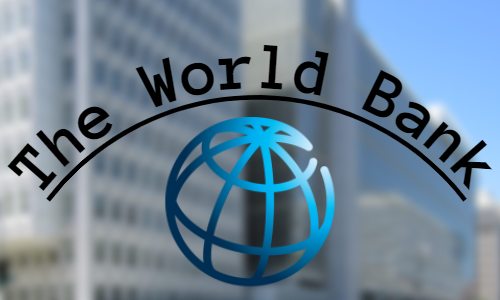Washington, D.C: The World Bank has included Pakistan in the group of economically challenged nations grappling with a heavy debt burden, projecting that Pakistan’s debt-to-GDP ratio could potentially surge to 89.3% by 2027.
World Bank officials have emphasized that Pakistan’s parliamentarians, cabinet members, finance ministers, cabinet committees, and members of standing committees exert significant influence over tax policy decisions, hindering necessary reforms.
To address the fiscal deficit of Rs 2,723 billion on an annual basis, a comprehensive set of tax measures and expenditure reductions should be implemented.
According to World Bank experts, Pakistan’s macroeconomic outlook remains uncertain and hinges on the effective execution of reforms, the current fiscal year’s budget, the IMF standby agreement, and the adoption of market-based currency valuation. Implementing monetary and fiscal policies can promote economic stability and reduce both macro and political policy instability.
The World Bank has highlighted Pakistan’s exposure to various risks, including high liquidity risk, low foreign exchange reserves, an unstable political environment, and external account shocks.
(Islamabad51_Newsdesk)














